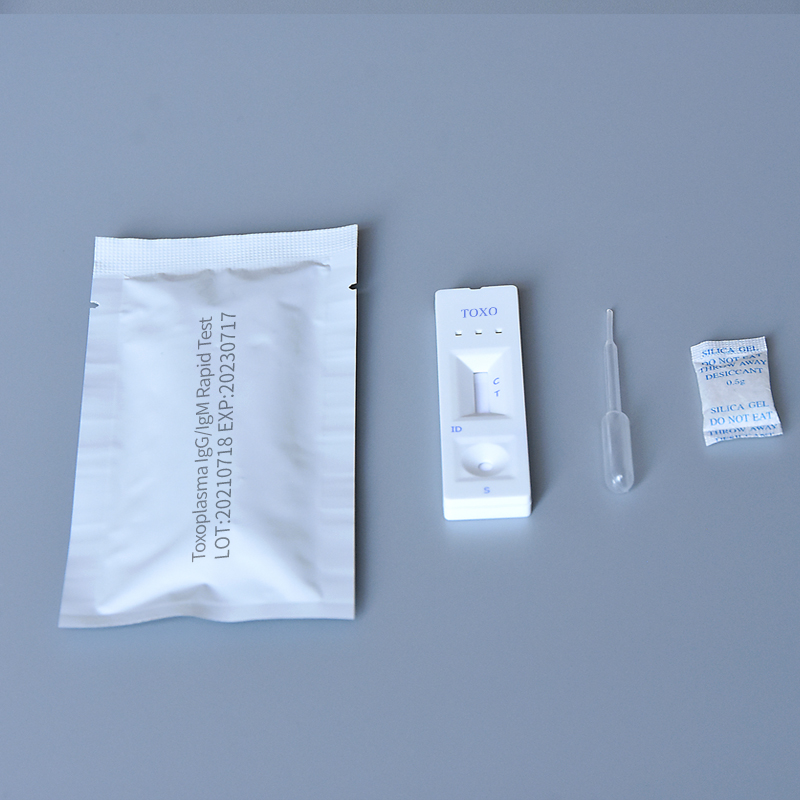
Sep . 19, 2024 08:49 Back to list
malaria test kit factories
The Rise of Malaria Test Kit Factories A Crucial Response to a Global Health Challenge
Malaria remains one of the most significant public health challenges worldwide, particularly in tropical and subtropical regions. According to the World Health Organization (WHO), there were approximately 229 million cases of malaria globally in 2019, with over 400,000 fatalities, many of whom were young children. Rapid diagnosis and treatment are crucial in combating this disease, leading to the increased demand for efficient malaria test kits. As a result, the establishment of malaria test kit factories has become a vital response to this urgent health crisis.
The growing awareness of malaria’s impact has prompted both governments and private sectors to invest in the production of malaria test kits. These kits are essential for timely diagnosis, which is critical for effective treatment and reducing transmission. Traditional diagnostic methods, such as blood smears, have limitations in terms of accessibility and speed. In contrast, rapid diagnostic tests (RDTs) offer a quicker and more user-friendly alternative, allowing healthcare workers to identify malaria infections on-site. This has led to a surge in the establishment of factories dedicated to the mass production of these test kits.
Countries particularly affected by malaria, such as Nigeria, India, and several in sub-Saharan Africa, have seen an influx of malaria test kit manufacturers. These factories not only address local demand but also contribute to the global supply chain. Moreover, advancements in technology have improved the accuracy and reliability of RDTs, making them an indispensable tool in the fight against malaria.
malaria test kit factories

Additionally, the COVID-19 pandemic has underscored the need for resilient healthcare infrastructure. Many factories have adapted their production lines to include personal protective equipment and COVID-19 testing kits, showing versatility in response to public health needs. This adaptability illustrates the importance of having a robust manufacturing capacity for not just malaria, but various health-related emergencies.
While the rise of malaria test kit factories is a positive development, challenges remain. Ensuring the quality and standardization of test kits is crucial, as poorly manufactured kits can lead to misdiagnosis and ineffective treatment. Regulatory bodies and health organizations must enforce strict guidelines to maintain high production standards.
In conclusion, the establishment of malaria test kit factories represents a significant step in combating malaria and improving global health outcomes. By enhancing access to rapid diagnostic tools, these factories play a critical role in reducing malaria morbidity and mortality, ultimately moving us closer to a malaria-free world. Continued investment in manufacturing capacity and quality assurance is essential to sustain this momentum and ensure effective responses to malaria and other infectious diseases in the future.
-
Dengue NS1 Rapid Diagnostic Test Kit
NewsMar.07,2025
-
Dengue NS1 Rapid Diagnostic Test Kit
NewsMar.07,2025
-
Dengue NS1 Rapid Diagnostic Test Kit
NewsMar.07,2025
-
Transferrin Rapid Test Cassette Tumor Marker TF Card
NewsMar.07,2025
-
Malaria Pf Pan Rapid Diagnostic Test Kit
NewsMar.07,2025
-
malaria pf / pan ag rapid test
NewsMar.07,2025
